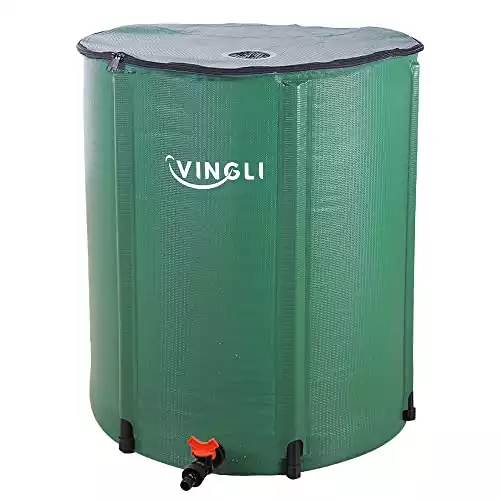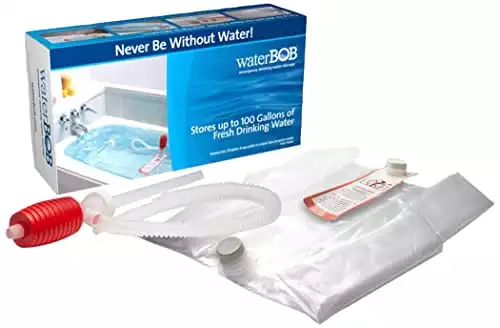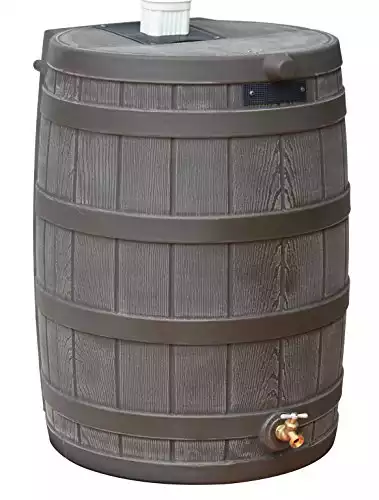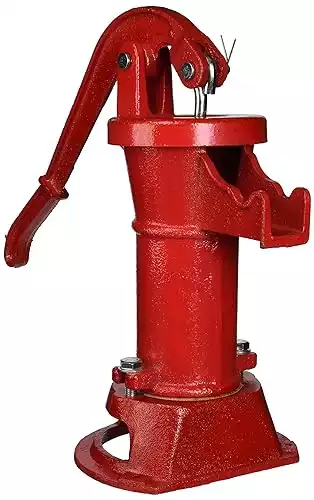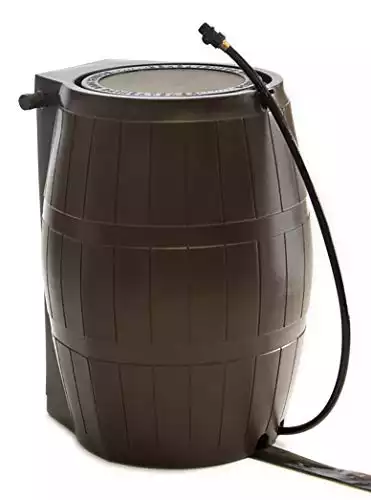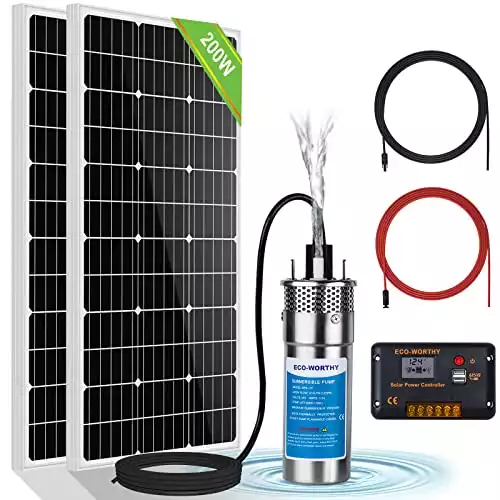Water Sources
Water Storages: It's essential to have a sufficient supply of stored water for each person in your household. The general guideline is to store at least one gallon of water per person per day for a minimum of three days. However having more on hand is advisable if possible. Make sure that all water sources are filitered and clean.
This site contains product affiliate links. We may receive a commission if you make a purchase after clicking on one of these links.
-
Stored Tap Water: Water stored in clean containers from the municipal supply serve as a primary source of drinking water during emergencies, especially when the regular water supply is disrupted.
A. Hot water tanks with stored water is a great source.
B. Bathtubs filled with water while there is still water in pipes. A Water Bob Bathtub Storage is a way to store water in the tub.
C. Water Containers of differant sizes filled ahead of an emergency. - Rainwater: Collecting rainwater using barrels or other containers provides a natural and renewable water source. Using it for various purposes, including drinking, hygiene, and gardening.
-
Rivers and Streams: Natural water bodies such as rivers and streams are potential sources of water in emergencies. First thing to remember it's crucial to purify and filter the water before consumption to remove contaminants and pathogens.
-
Wells: Wells provide access to groundwater, offering a reliable source of water during emergencies. It's important to ensure the well water is safe for consumption. First thing to remember is to use appropriate filtration and purification methods with well water. Incase of power outage look into a solar well pump.
-
Ice and Snow: In cold climates, ice and snow melt to obtain water for drinking and other essential needs. However, it's important to ensure that the ice or snow is clean and free from contamination before melting it for consumption.
